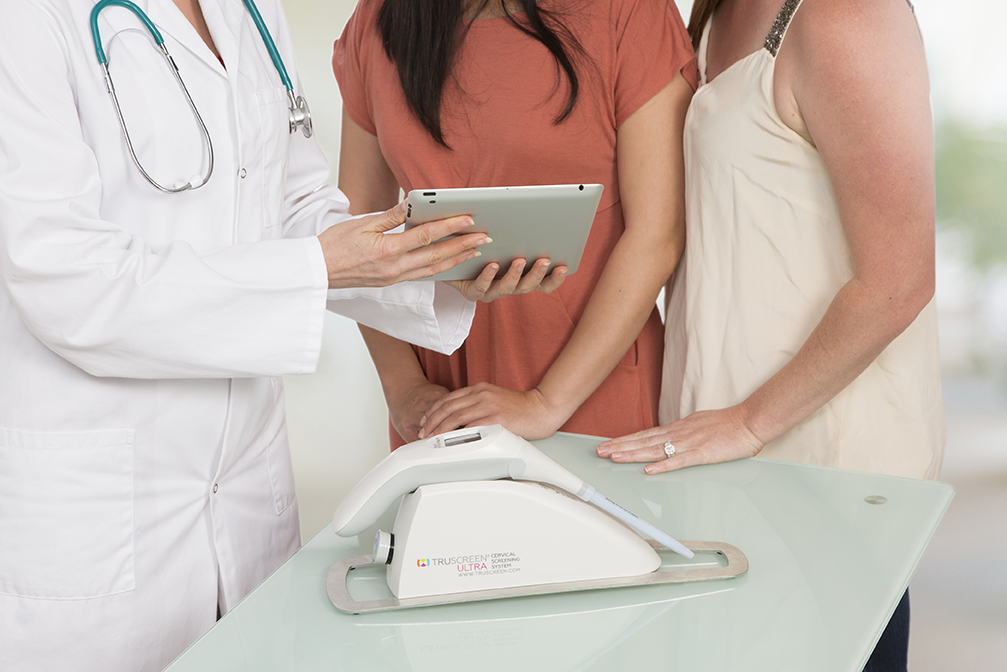TruScreen cancer screening device secures FDA approval, enters China’s billion-dollar market – Idealog

TruScreen’s cervical cancer screening device uses a digital wand which is touched to the surface of the cervix, measuring electrical and optical signals from the surrounding tissue to identify precancerous change.
The technology behind the device has taken more than 15 years to develop, and now, following extensive trialling, will be available in China.
“It’s been a very long process,” says Martin Dillon, TruScreen’s CEO, “but the Chinese market was always our number one target. China’s got 388 million women of screening age – a market potential of NZ$1 billion – and from the very start we’ve devoted a lot of our resources into opening up China.”
Dillon says that the large scale trial programmes the company recently conducted in several hospitals in China was a key factor in securing the CFDA’s approval.
“Our clinical and familiarisation trials using the TruScreen device involved testing thousands of women in China. The positive feedback about the device’s efficacy helped us secure not only the CFDA approval but also contracts with some of the country’s largest medical distributors,” he says.
“It can be frustrating, but once you’ve overcome those challenges you have the comfort of knowing you’re in a country with some very good systems in place to get your product to market quickly and efficiently.”
“When we reached that moment, when they said ‘this is an important breakthrough for China’ we knew we’d done something special. The HPV vaccine isn’t even approved in China, so that gives you some sort of idea of what’s being accomplished here.”
Dillon says the Truscreen technology’s ‘real time’ nature – with test results generated immediately – sets it apart from other, more time-consuming screening devices.
“Nothing has to be sent away to a laboratory,” says Dillon. “The expertise in is the device. With just two days of training and one device, you can start helping a whole village of women immediately – it’s called ‘see and treat’ – and that’s the goal for low-resource economies. That’s the real driver for this.”
TruScreen has now signed contracts with three key distributors in China who between them have a combined national sales force of more than 3,000 medical professionals.
Dillon says there is currently no national programme in place in China and with an increasing focus on women’s health, TruScreen is well positioned to make a profound impact in the market.
“There is an opportunity here to have a real effect on the world,” he says. “There’s a commercial opportunity there and an opportunity for us to save lives.”